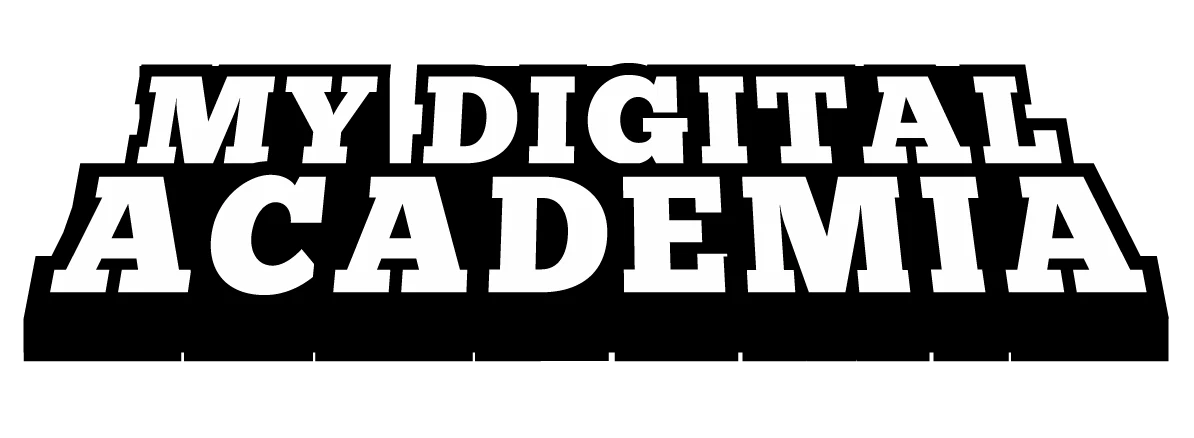Understanding Search Engines and Algorithms:
Search engine optimization (SEO) is like a charm by highlighting your content online. It’s a combination of art and science aimed at search engines, like Google and bing , so they display your content prominently when people search for specific keywords. Think of it as speaking the language of search engines;
In the field of SEO, practitioners skillfully promote websites and content, with the aim of climbing the ranks in search engines. It includes various strategies to enhance visibility, positioning and usefulness for different types of content, including web pages, videos, photos, local business listings and more. Since organic search is the way most people find content online, following SEO best practices is crucial. This ensures that not only your digital creations are discovered, but also preferred by the discerning audience, which ultimately leads to an increase in organic traffic for your website.
Keyword Research: Unveiling the Power of Strategic Selection:
In the online world, Keyword Research is like the secret sauce for getting discovered. The secret is not so much to search for words as it is to select the ones that will best highlight your work. Consider it as knowing what people want and providing it for them.
This procedure investigates the reasons behind the queries entered into a search bar. After we understand that, we select words based on what individuals are truly looking for. We even employ more elaborate expressions that precisely capture what a person is looking for.
Increasing the number of visitors is not the only goal.Getting the appropriate people who genuinely care about what you have to say is key. Researching keywords is a continuous process that changes frequently to stay abreast of trends and localized searches. Therefore, choosing the appropriate phrases is similar to having a map that directs readers to the content you’re discussing on the internet.

On-Page VS off page SEO optimization:
The art of on-page SEO revolves around the enhancement of your website to cater to search engines. This involves a multitude of factors, such as:
- Throughout your content, your website should include the right keywords in your title tags and meta descriptions.
- High-quality content that will keep your target audience coming back for more by being relevant.
- Making your website easily crawlable and indexable by search engines through proper structuring.
Off-page SEO encompasses the process of establishing connections between your website and other websites. These links play a significant role in conveying to search engines that your website holds immense value and is credible. To construct these links, you have several options available:
- Guest blog posts are created on other websites.
- Communities and forums are where people can participate online.
- Listing and submitting your website to directories and other options.
For search engines, on-page SEO means making your website as good as it can be while off-page SEO is about getting other websites to talk about your website.
Here is an analogy that might help you understand the difference between on-page SEO and off-page SEO:
Imagine that you are opening a new restaurant. On-page SEO is like making sure that your restaurant is clean, well-organized, and has delicious food. Off-page SEO is like getting people to talk about your restaurant on social media and recommend it to their friends.
Both on-page SEO and off-page SEO are important for improving your website’s search engine ranking. However, on-page SEO is generally considered to be more important than off-page SEO. This is because you have more control over on-page SEO factors than you do over off-page SEO factors.



